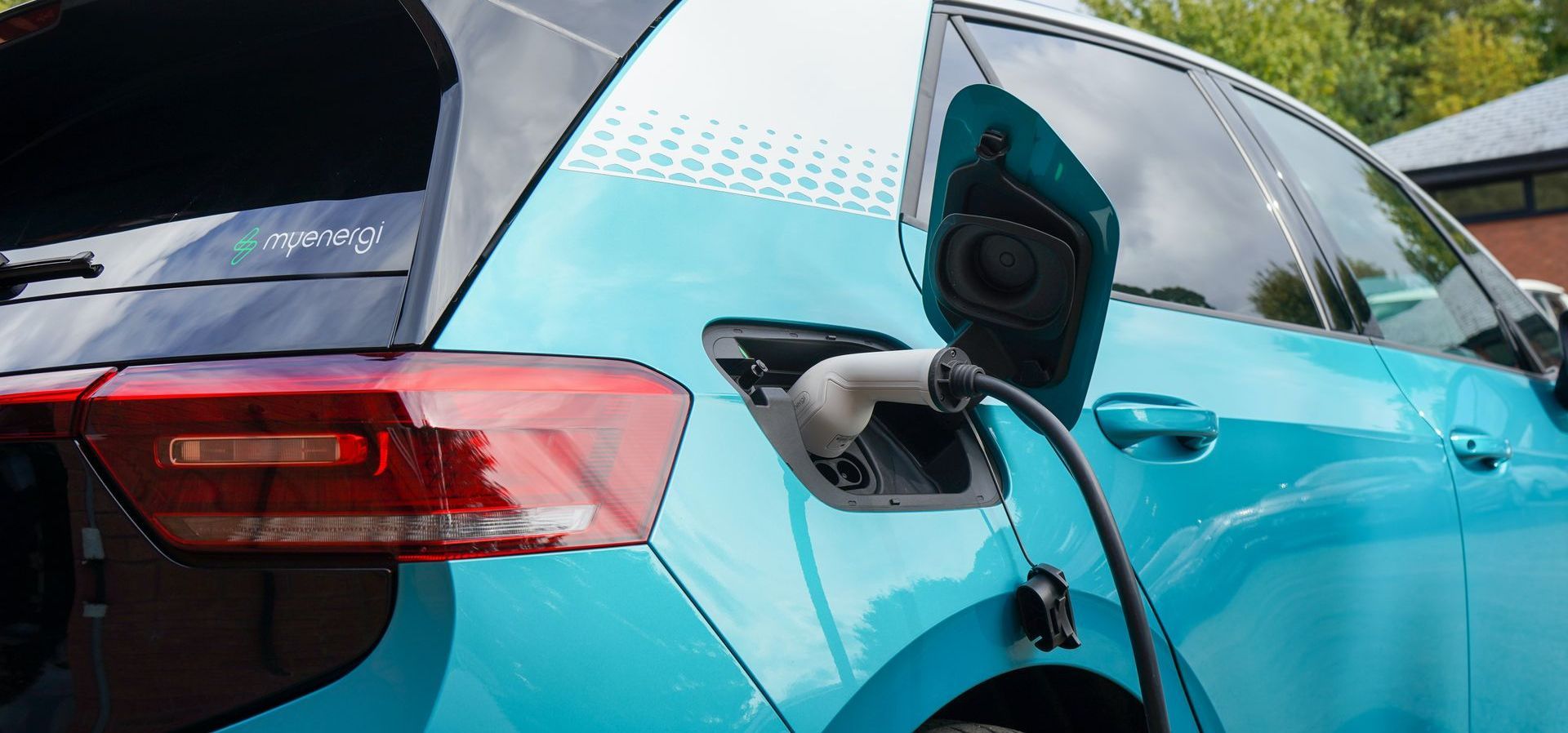Select Automotive Blog
There is no doubt that the environmental benefits of switching to electric vehicles is worth the investment, effort and perhaps an element of pain and inconvenience as the world adapts to a new energy source to power our vehicles.

In our latest blog Jon, one of our founders discusses the situation of the Electric Vehicle market and asks the question if we are ready for the planned flood of electric vehicles and more specifically if our infrastructure is sufficiently developed to cope?
There is no doubt that the environmental benefits of switching to electric vehicles is worth the investment, effort and perhaps an element of pain and inconvenience as the world adapts to a new energy source to power our vehicles.
It is also true to say the readiness for electric vehicles varies across different regions and countries.
Some areas have made significant progress in terms of infrastructure development, such as the availability of charging stations and incentives for EV adoption, while others are still in the early stages of development.
But what about the UK? A recent documentary filmed and produced by the BBC points to the fact that our infrastructure is far from ready. The big issue is will the infrastructure be in a place to cope with the rising depend for charging stations and will we have standards, consensus and stability across the country?
There are a number of key areas to consider as the debate continues:
Infrastructure
The availability of a robust charging infrastructure is crucial for widespread adoption of EVs. This includes both public charging stations and home charging options. Many countries and governments are investing in expanding the charging network to accommodate the growing demand and the UK is playing it’s part in this development.
Battery Technology
The development of advanced battery technologies is essential to improve the range, charging speed and lifespan of electric vehicle batteries. There is no doubt that research and development efforts are ongoing to enhance battery technology and make EVs more practical and efficient. But will this happen soon enough?
Affordability
The cost of electric vehicles has been decreasing over the years, but they are still generally more expensive upfront compared to internal combustion engine vehicles. Wider adoption may require more competitive pricing, which could be achieved through economies of scale and advancements in battery production. This is perhaps one of the biggest concerns for the majority of consumers - whilst they recognise the importance of looking after the planet, harsh economics may force people to act differently.
Range and Charging Speed
Improvements in battery technology have led to increased ranges for electric vehicles, but there is still room for improvement. Additionally, fast-charging infrastructure is necessary to reduce charging times and make long-distance travel more convenient. At the moment this is difficult to achieve.
Policy and Incentives
Government policies and incentives play a significant role in promoting electric vehicle adoption. These can include financial incentives, tax breaks, rebates and exemptions from certain fees or restrictions. Governments around the world are implementing various measures to encourage the transition to electric vehicles.
It's important to note that the readiness for electric vehicles is a dynamic and evolving process. Over time, advancements in technology, infrastructure development and supportive policies will likely contribute to a more robust and widespread adoption of electric vehicles.
But in order for the adoption of EVs to be successful it is crucial that the infrastructure doesn’t lag behind - instead we need to be ahead of the curve and ready.
The question still remains will we be ready? Only time will tell.

















